-
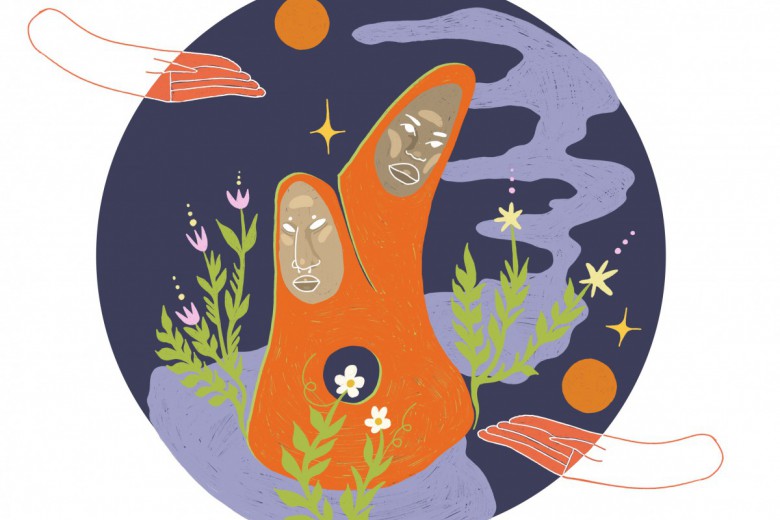
by Ciann L. Wilson and Ann Marie Beals Feb 5, 2024 8 min read
-
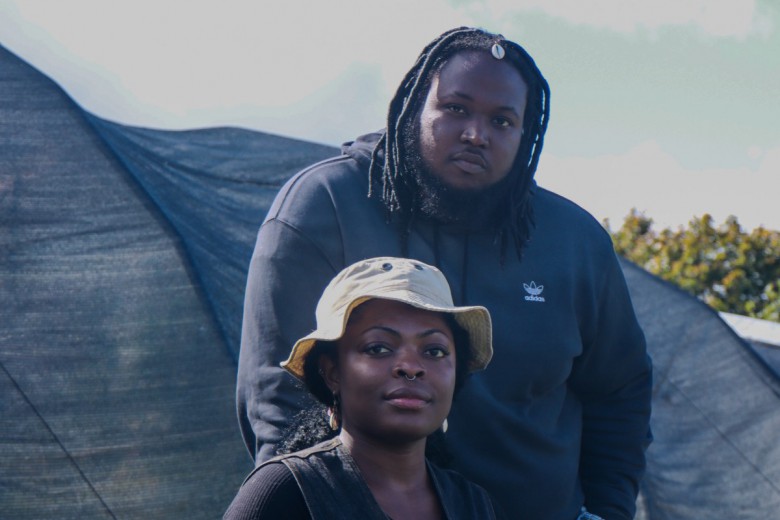
by Tamunoibifiri Fombo Jan 18, 2024 10 min read
-
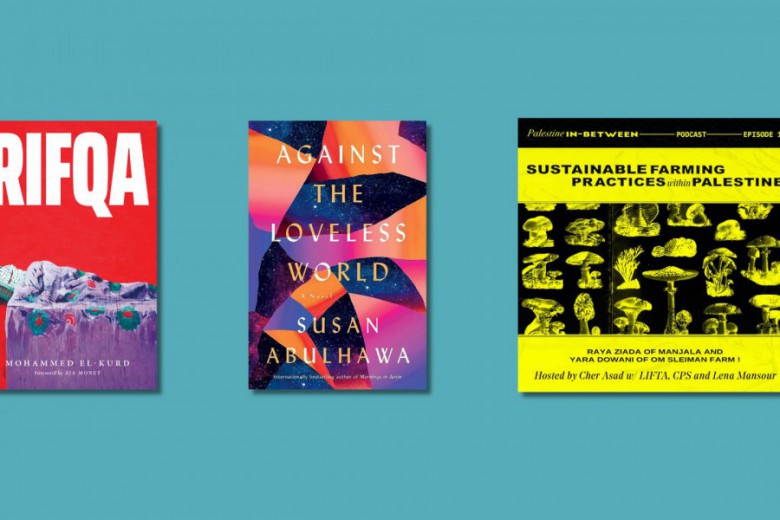
by Rana Nazzal Hamadeh Sep 11, 2023 5 min read
-
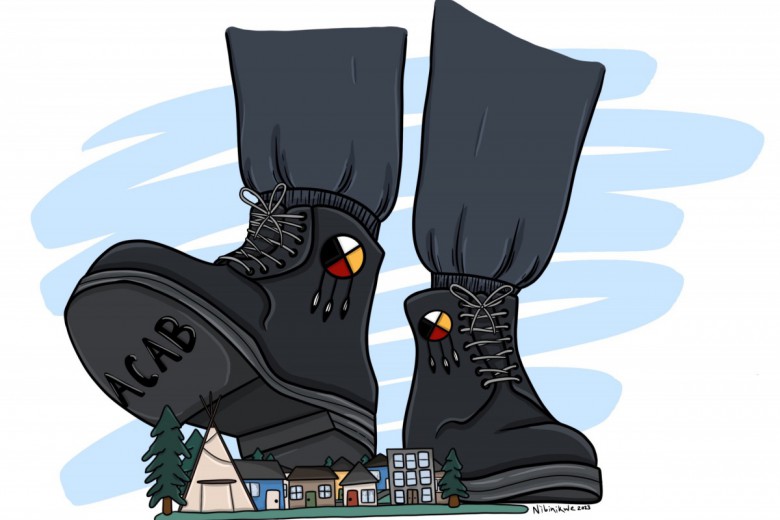
by F.T. Green Aug 29, 2023 5 min read
-
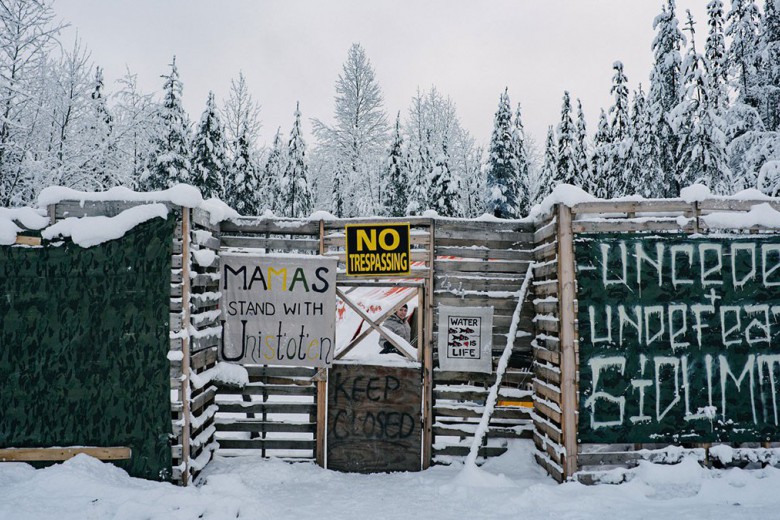
by Cassandra Kislenko Jul 6, 2023 4 min read
-
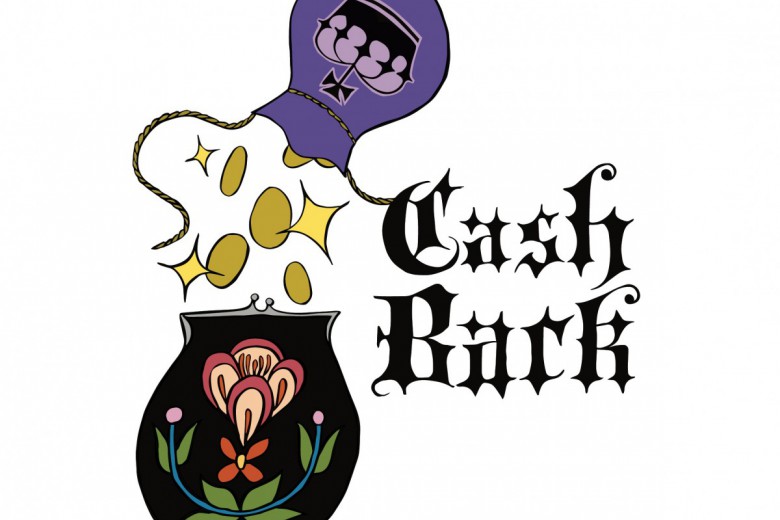
by Rob Houle and Briarpatch Staff Jul 6, 2023 5 min read
-
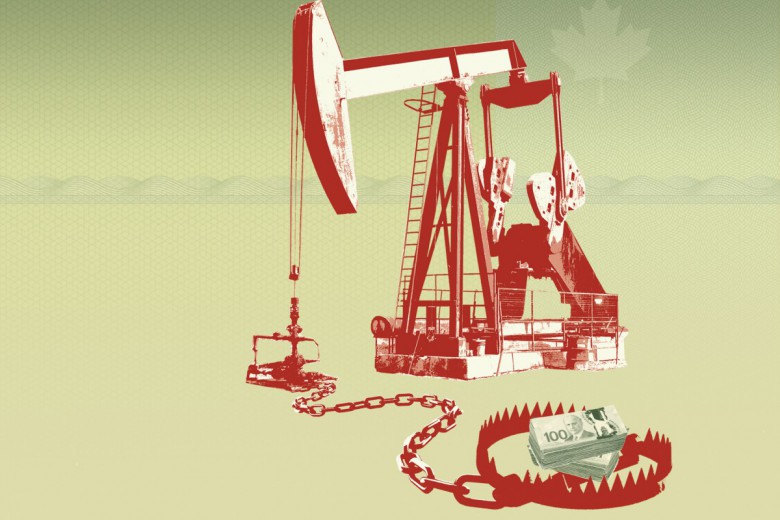
by David Gray-Donald May 8, 2023 11 min read
-
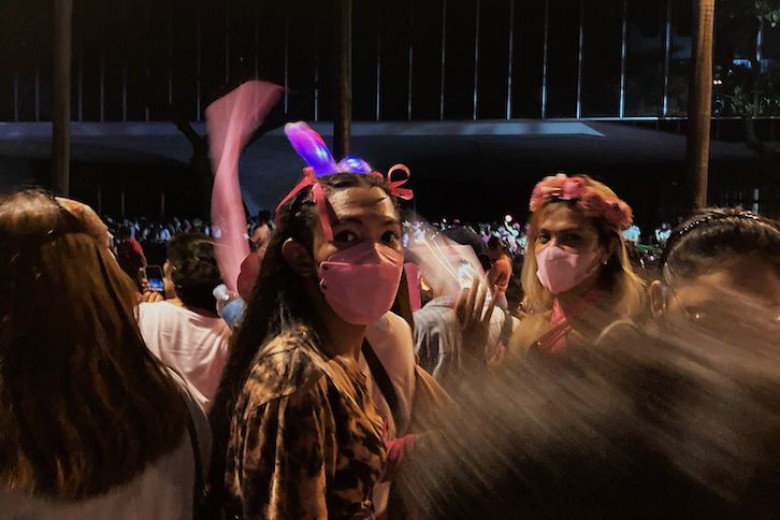
by Andi Vicente Mar 7, 2023 2 min read
-
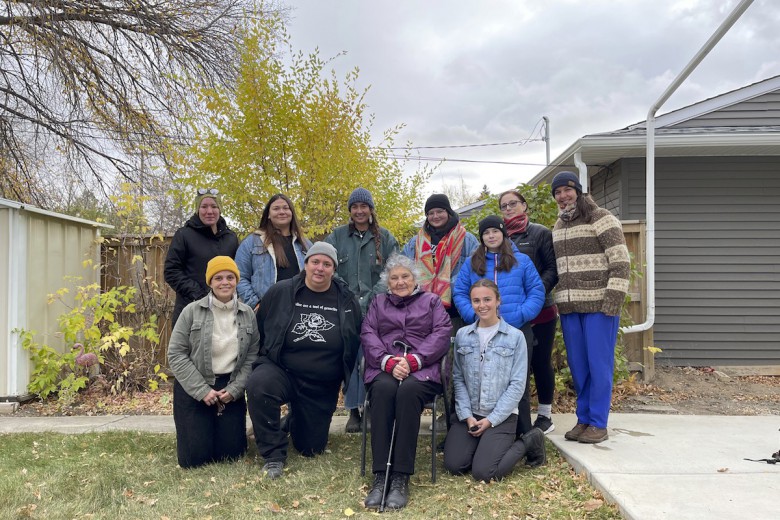
by Claire Johnston and Andrée Forest Jun 30, 2022 11 min read
-
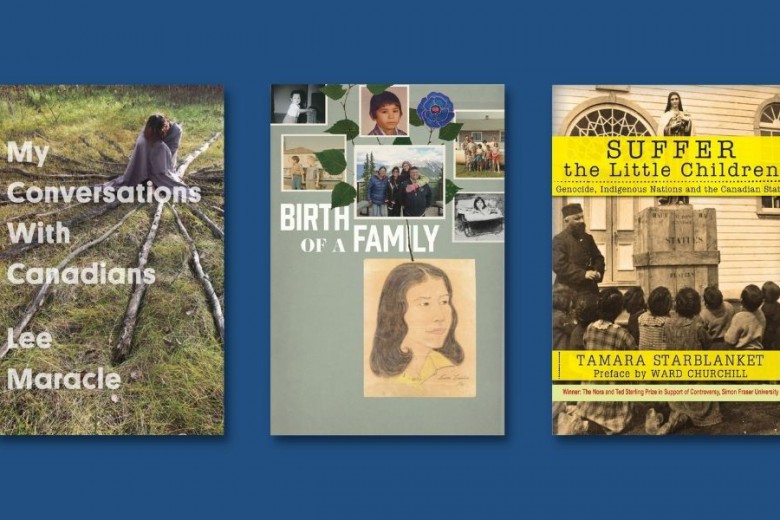
by Mike Gouldhawke May 4, 2022 4 min read
-
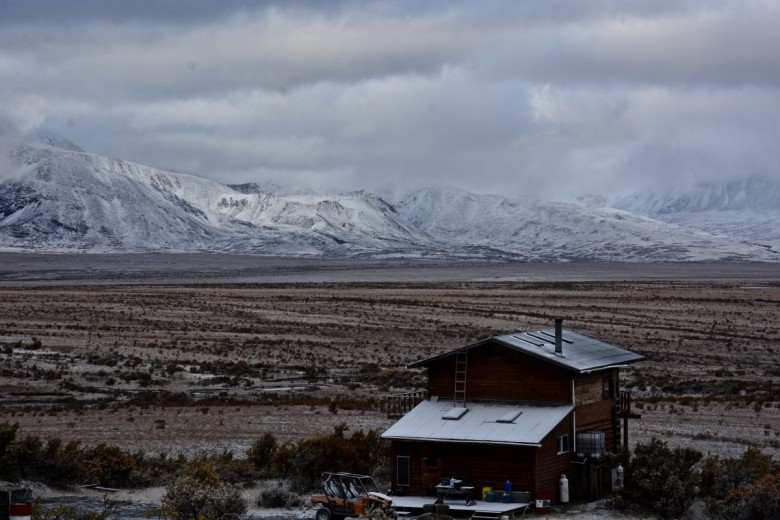
by Josh Barichello and Lianne Charlie Jan 5, 2022 17 min read
-
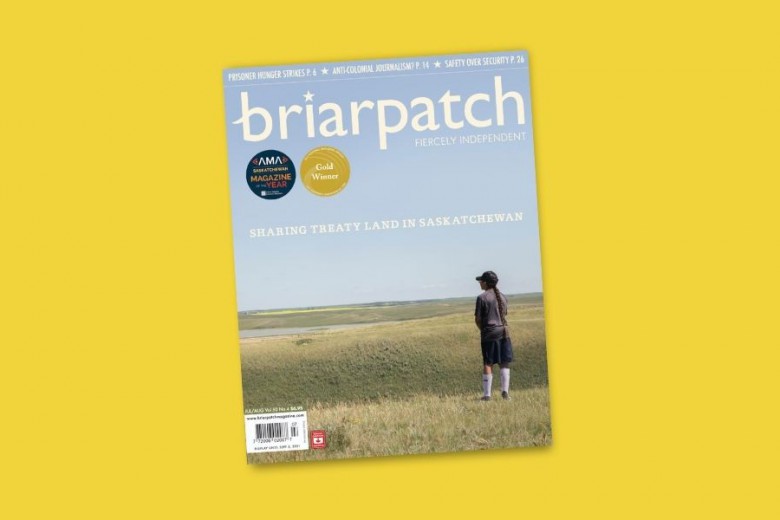
by Saima Desai Jul 5, 2021 3 min read
-

by Nandita Sharma Mar 26, 2021 10 min read
-
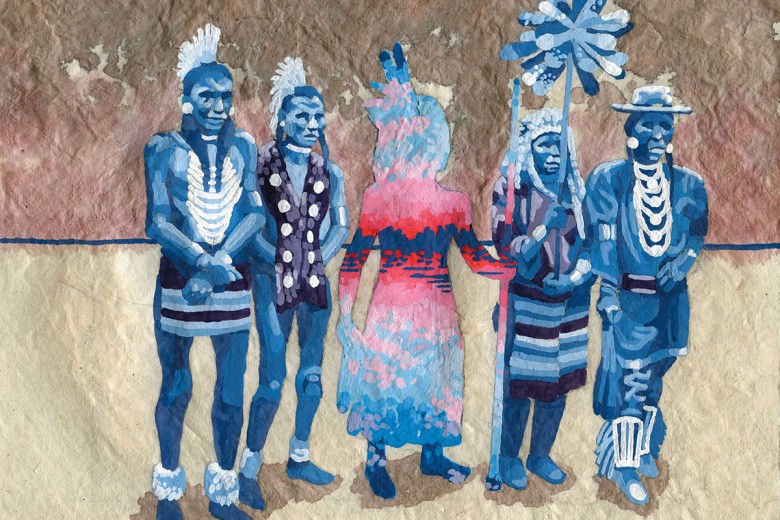
by Ella Hartsoe Mar 1, 2021 10 min read
-
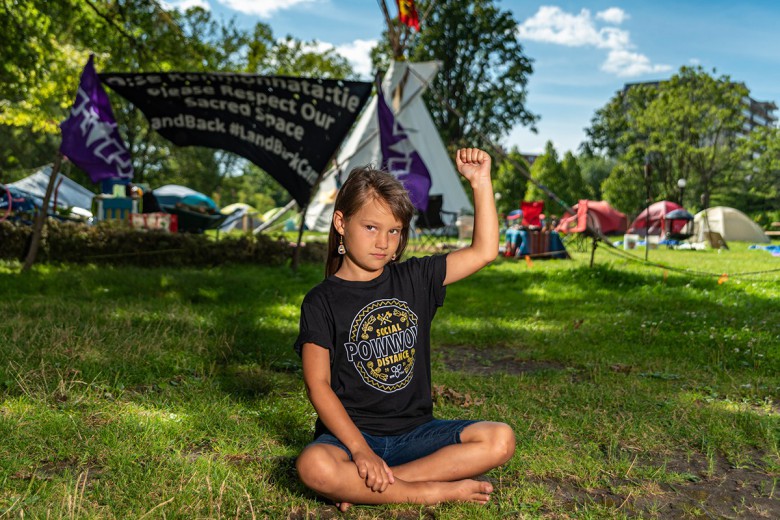
by Shawn Johnston Mar 1, 2021 2 min read
-
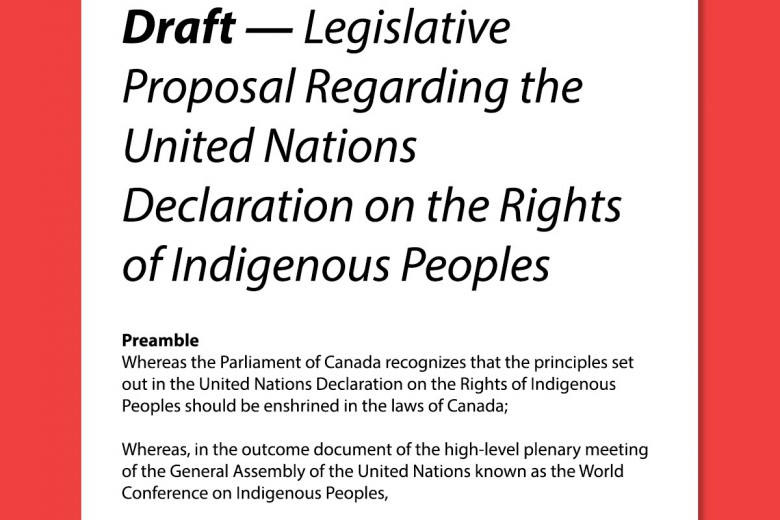
by David Gray-Donald Oct 9, 2020 15 min read
-
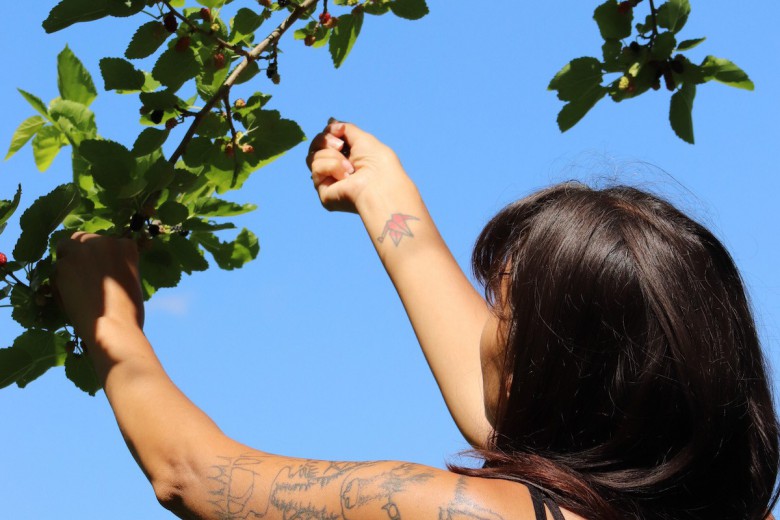
by Xicotencatl Maher Lopez Sep 11, 2020 9 min read
-
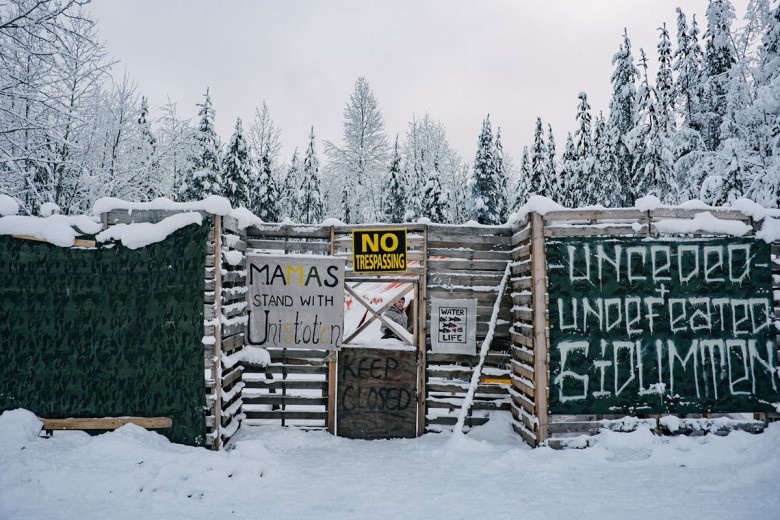
by Jerome Turner Sep 10, 2020 15 min read
-
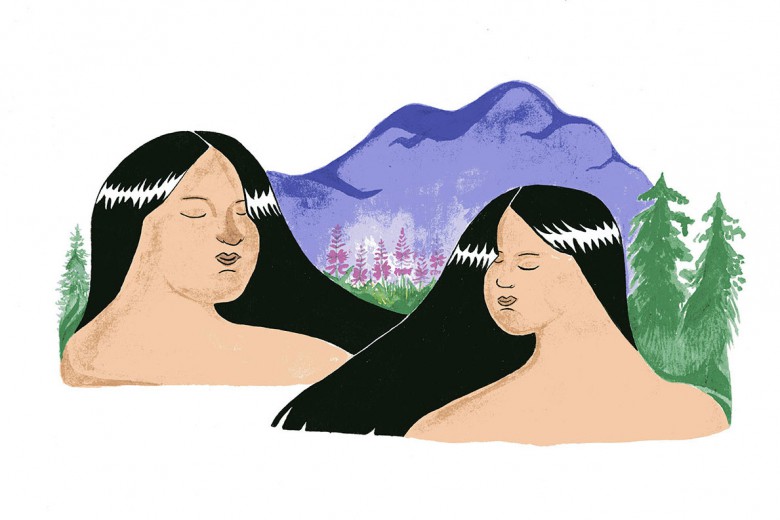
by Emily Riddle Sep 10, 2020 9 min read
-
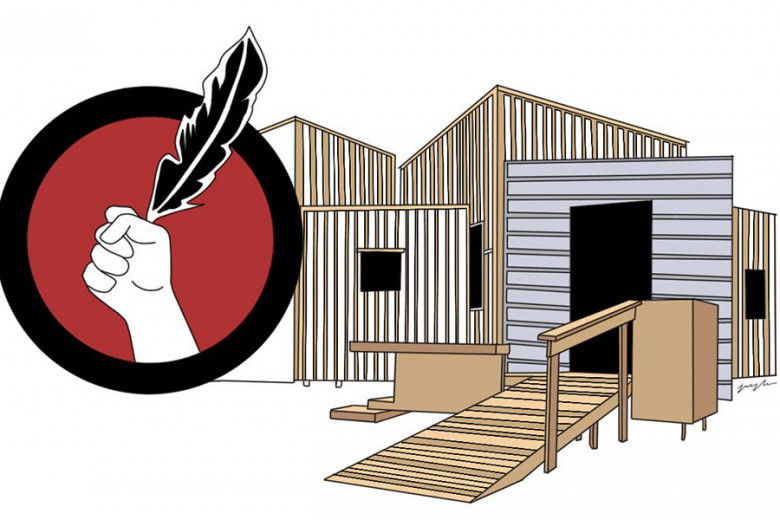
by Riley Yesno and Xicotencatl Maher Lopez Sep 10, 2020 9 min read






















